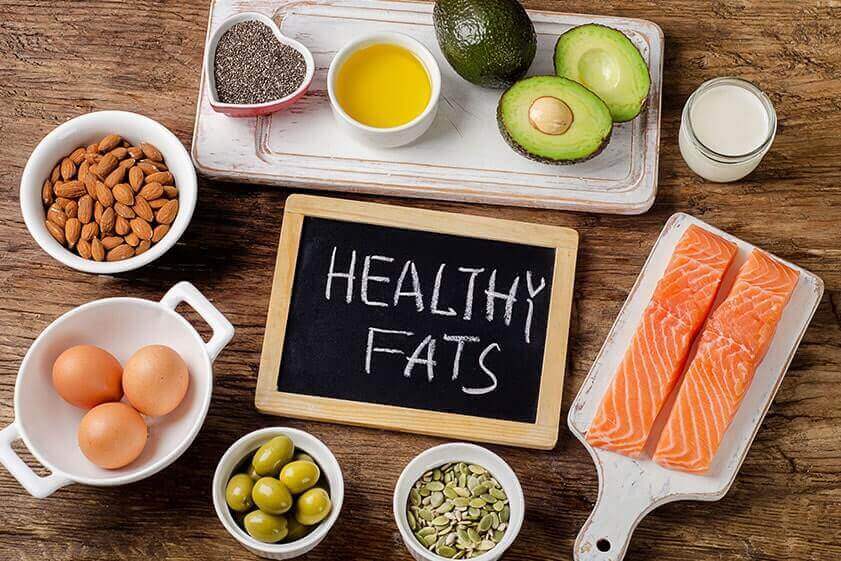When it comes to receiving adequate nutrition, it is more challenging during winter. Thanks to the turbulent weather and perilous snowy roads, fewer trips are made to the grocery store for fresh foods. Read our guide on winter nutrition for seniors to maximize the holidays, spend time with family and friends, and avoid visiting the doctor.
Dietary Plan
Consuming foods from all the food groups daily is essential for a healthy diet. Eggs, salmon, almonds, and lentils are excellent sources of protein for the brain and muscles. Fruits and vegetables, particularly avocados and dark leafy greens, can help you maintain a healthy digestive system as it is rich in fiber. Fresh produce also contains antioxidants and enzymes that are incredibly important not just for strengthening the body’s ability to fight illness, but also for preventing cognitive deterioration. A person may become deficient in vitamin D during the darker winter months. To combat this, dairy products such as milk and cheese are good sources of vitamin D in your diet.
Foods to Limit
Craving for winter indulgences is common, but eliminating it from your diet may lead to more problems. Moderating your consumption of such foods is more important. Some ingredients to keep in mind are sodium, sugar, and fried foods. Healthy foods, such as cooked vegetables, can be bad for your heart if they include too much sodium during the preparation stage. Many manufactured and packed foods are rich in salt as well. Sneaking in a sweet treat once in a while is alright, but high-sugar snacks might raise blood glucose levels and cause weight gain in the winter.
Good Eating Habits
Having healthy ingredients in your diet is good, but it is also important to have good eating habits to ensure that you get the best out of your meals. One way is to have several small meals throughout the day. Sometimes, you might feel like skipping lunch as you feel tired to prepare your meals. For individuals who find it difficult to eat larger meals or have lower appetites, having five to six meals a day can help increase calorie intake and keep insulin levels from fluctuating drastically. If your or your loved one lives alone, staying in a senior living community helps guarantee that meals are provided adequately, preventing potentially fatal health problems from arising. Having someone to assist with daily tasks such as grocery shopping and meal preparation would also be helpful, especially during winter.
Staying Hydrated
It is easier to remember staying hydrated in the summer, but dehydration can also occur in the winter, especially if you are sweating or sweltering under the many layers of clothing. Proper hydration can aid in digestion, better concentration, blood circulation, as well as improve joint and muscle activity. Furthermore, staying hydrated allows people to recover faster from the cold and flu viruses that are so common in the winter. While drinking plenty of water is ideal, you can also increase your fluid intake by eating fruits, veggies, and soup, as well as drinking fruit and vegetable juices, milk, and decaffeinated coffee and tea. Using green juices from blended lemon, kale, cucumber and other greens you enjoy in your regular hydration routine can have even more nutritious value in your diet.







